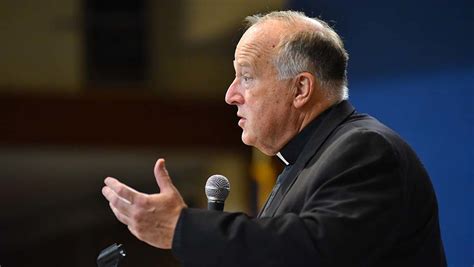Is there any label, or set of labels, that describe what’s influencing our Church in the wrong direction? I became aware of this question while planning a future conference with some friends. When they began using terms such as Modernism, Marxism, Socialism, Globalism, Internationalism, and Secularism, I demurred.
These labels, I argued, easily came to mind but did not fit. They either lacked precision or did not adequately explain, to my satisfaction, the currents moving through the Church under Pope Francis.
To begin with, I’ve always been uncomfortable with any one-size-fits-all label that, by its mere utterance, is supposed to convince the hearer. Labels then become short-cuts for research, analysis, and argument. Used this way, labels declare sides rather than engaging those who do share confidence in the efficacy of the label. Labels evoke fixed prejudices often grounded in a thin understanding of the idea being addressed. For example, the label “Marxism” refers to a notoriously complex political-philosophical movement.
But many Catholics are looking for explanations, because they believe some of the central initiatives of the Church under the leadership of Pope Francis are, at the very least, dangerous, and at the most, possibly heterodox. However, the assumption that a single dominant cause behind these initiatives, though tempting, will necessarily ignore the various currents of converging influence behind the present papacy.
The kind of institutional change being engineered by Pope Francis and his inner circle requires a coalition of powerful interests, each having various levels of concern about the future of the Church. In an effort to clarify the situation, I think it will be helpful to being with a basic distinction between those who believe they are seeking to “improve” the Church, and those who want to “use” the Church for political, ideological, or economic ends. Let’s call the former, the Improvers, and the latter, the Users.
The Improvers want to reshape Church teaching to conform to what they believe to be some higher standard of love than it presently embodies, such as the attempt to admit divorced Catholics to communion. Not only does this pose a challenge to the Church’s teaching on sin and the Eucharist, but also on sexual morality in general. I believe it will lead to a reexamination of the nature of homosexuality as an “intrinsic disorder,” the “sinfulness” of the homosexual act, and the possible sacramentality of same-sex marriage.
Of course, it is often the case that the Improvers often serve the purposes of those who seek to “use” the Church. Since the Users oppose the Church’s traditional moral teaching on sexuality and marriage, they would feel encouraged by a doctrinal change on admission to communion. The User’s advocacy of Climate Change, of course, is the perfect issue to claim Vatican authority not only for their population control programs but also their push for greater state regulation of industry, business, energy, and transportation. Refugee migration, so heartily pushed by Pope Francis, fits perfectly with the agenda of the User George Soros who seeks to destabilize Western democracies with the huge influx of Muslims who must require government support.
No doubt some of the Improvers welcome the convergence of interests with the Users, viewing their political and economic power as an extension of the Church’s new improved mission. Thus, the Improvers’ willingness to invite leading Users to give the Church advice. The list of “experts” invited to the Vatican under Pope Francis regularly includes those whose “expertise” is devoted to promoting ideas and programs directly in conflict with the Catholic Church. Even further, the Catholic Church has created “partnerships” with organizations whose programs also contradict Church teaching. The Vatican’s embrace of the The Vatican’s embrace of the United Nations Millennium Development Goals is the most egregious, since population control is one of its primary goals.
But what distinguishes an Improver from a User is their intention to serve the good of the Church, no matter how misguided. It’s tempting to elide the distinction since “sleeping with the enemy” does not trouble Pope Francis or Vatican leadership in the least. Those who have been troubled, such as Cardinal Burke, are no longer in leadership positions. Pope Francis, Cardinal Peter Turkson, Cardinal Oscar Maradiaga, and other key advisors have fully embraced these relationships, their influence on the Church, and the Catholic validation of persons, programs, and organizations pursuing anti-Catholic ends. Thus, we have recently witnessed a Vatican representative explicitly calling for population control.
I can understand those who consider my distinction immaterial, that the Improvers serve the same goals and that’s all there is say about it. But I think we need to be careful when we either ignore intention, or assume a bad intention, because we will smooth over the messy reality of what’s occurring at the Vatican right now.














